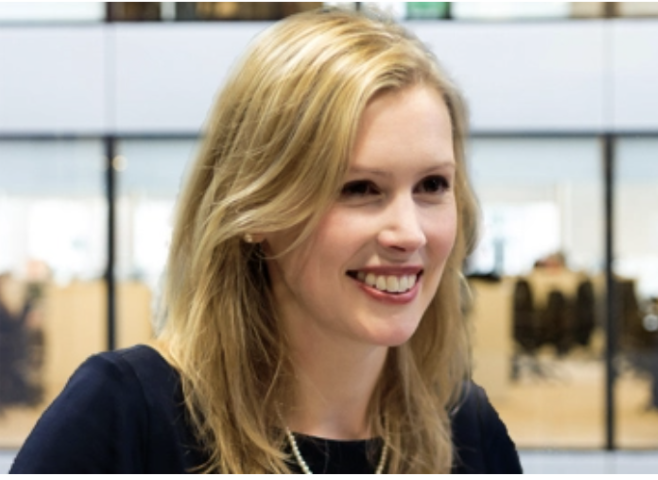
Catherine Grum, head of family office at global advisory firm BDO spoke to eprivateclient about the challenges in the world of succession as the greatest generational wealth transfer in history begins.
Baby Boomers and even the Silent Generation have been framed as at loggerheads with the competing world views of those belonging to the younger Millennials and Generation Z. In the private wealth space, this is often perceived as a greater likelihood by the younger generation to prioritise environmental, social, and governance (ESG) and ethical concerns over a fiduciary duty to maximise income.
On how these differing attitudes may impact wealth transfer, Ms Grum explained that "each generation has its own characteristics, taken from the surroundings in which you were brought up in, world events, and the style of parenting.
“Wrap all of this into a family where you've got some sort of shared enterprise and the potential for friction increases. Within that kind of family environment, you're having to manage and understand the roles, the opportunities, and the challenges that the diverse perspectives of these generations represents. However, if you've got shared boards or committees, it's also an amazing way to understand and learn about the family and its values.”
While younger generations being more ESG conscious may not be accurate in every instance, the likelihood of them being more financially irresponsible may also be more of a misconception.
Ms Grum - a former eprivateclient Top 35 Under 35 - gave an example from her own professional experience, when a couple who had made significant money late in their careers were disappointed in the spending choices of their children on the first payout, only to be shown that their offspring’s financial habits in many ways matched their parents.
As well as the challenges of differing attitudes and expectations, the decreased number of traditional nuclear families was also a potential hurdle for succession planning, when weighing up the needs of direct biological children from one partner against children from another partner and potential step-children also.
Again, Ms Grum had an example of this, speaking of a case in which a patriarch took great pains to ensure that both his young child and adult children from a previous relationship were equally endowed in his will, yet a failure to convey his plans to his adult children meant there was still tension when the details were revealed.
This example also belies a point that Ms Grum was keen to keep emphasising; that communication is key in ensuring inter-generational peace, and that sometimes this necessary exchange of information is lacking.
“Communication is the easiest and cheapest way of solving and managing a lot of issues that can be thrown up, and wealth is ultimately an amplifier to family dynamics and potential for conflict," Ms Grum told eprivateclient.
“Older generations need to know that thinking about communicating and passing on a sense of value within the family is really important. If you have worked hard to create the wealth, the whole journey needs to be made visible and communicated to the next generation, so they don't just see the highs. The reason why people often point to what happens at the third generation is that they're one step removed from the process, and they've probably grown up with wealth from day one.”
Ms Grum also specialises in philanthropy, and is seeing a shift here, with younger generations more interested in environmental causes having been raised in a world keenly aware of climate change. Similarly, these younger beneficiaries are also more interested in donating money with a level of oversight in a lifetime rather than purely being left in Wills.
HMRC data, analysed by the Beacon Collaborative, showed that individuals in the income bracket above £250,000 have increased their giving in recent years. In this category, total giving has gone up from £1.22 billion in 2015 to £1.98 billion in 2020 – an increase of 62 percent over five years.
Giving a final example, Ms Grum’s emphasis on communication being key was also highly relevant as she recalled a family where grandchildren were given the opportunity to go and think about which charities they wanted to support.
Yet when they came back and presented their results, there was a bit of a perhaps unexpected response from some older family members, who felt like it was almost a veiled criticism that they had not been doing it right on the basis of the charities the younger generation chose.
“You've got to be careful to handle these conversations sensitively”, advised Ms Grum.




